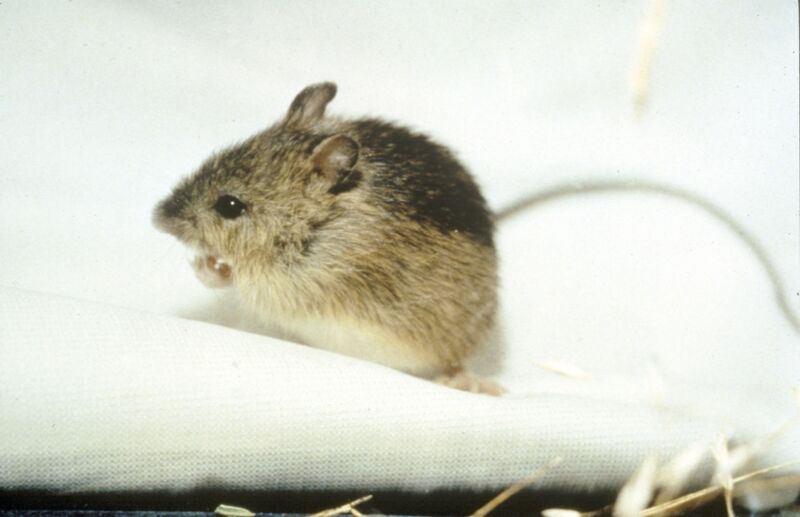Enlarge / An endangered Preble’s meadow jumping mouse (Zapus hudsonius preblei). During the survey, a Preble’s meadow jumping mouse was captured and released after a small skin sample was collected as part of the new biobanking program (credit: USFWS)
The world’s wildlife are facing a barrage of threats caused by climate change, from the loss of suitable habitat to dwindling food supplies. As a result, endangered species across the U.S. are edging closer to extinction at alarming rates—and if they disappear, critical genetic information could vanish with them.
In a new initiative announced on Tuesday, the U.S. Fish & Wildlife Service is working with the nonprofit Revive & Restore and other partners to create a “genetic library” of the country’s endangered species—before it’s too late.
Through a process called biobanking, FWS field staff are gathering biological samples such as blood, tissues and reproductive cells from animals to be cryogenically preserved at extremely low temperatures (at least -256 degrees Fahrenheit) and stored at a USDA facility in Colorado. The samples will also be genetically sequenced and this information will be uploaded to a publicly available database called GenBank, where researchers can study them and compare their genomes to other members of their species.
Read 15 remaining paragraphs | Comments

